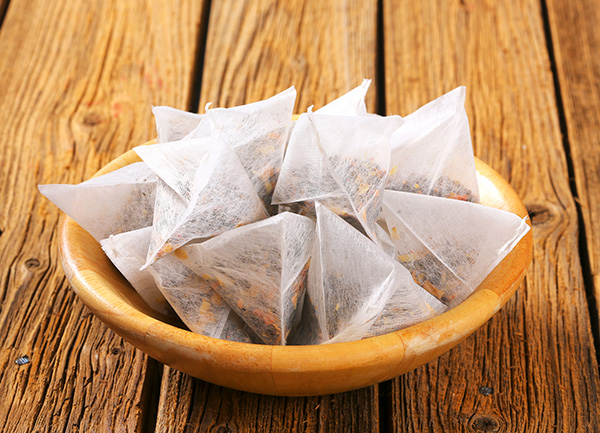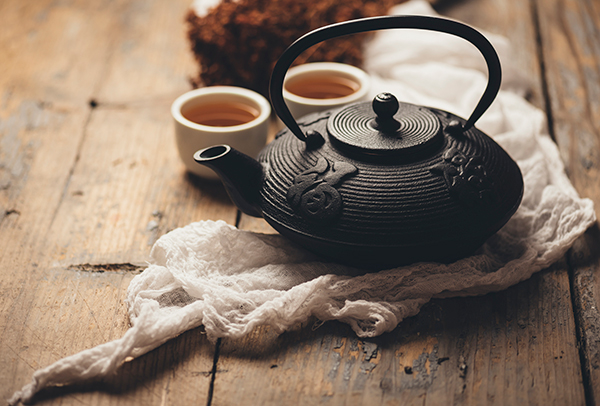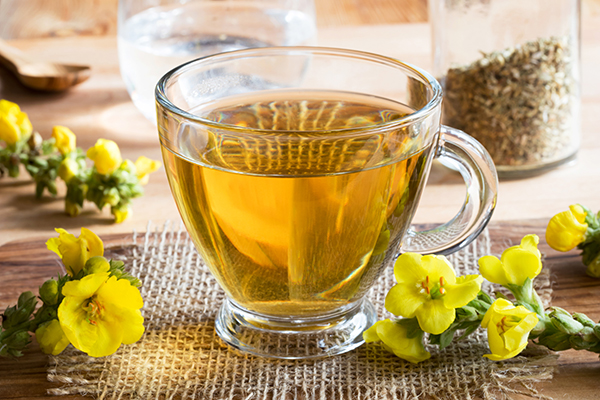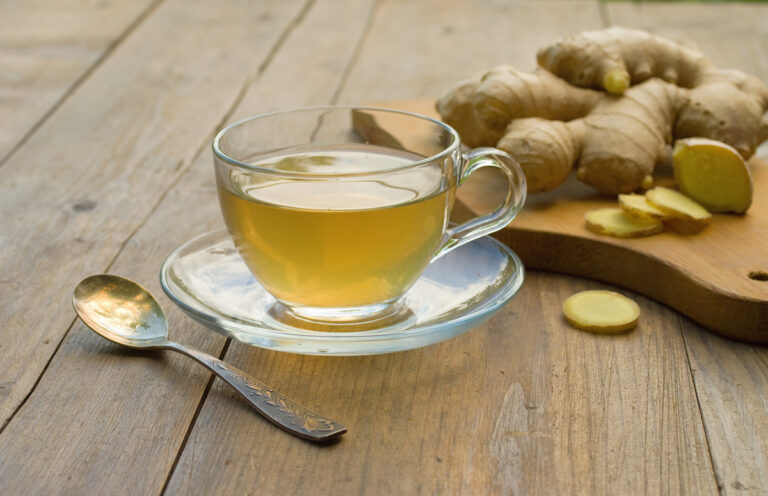When Is the Best Time to Drink Tea?
Tea is a beloved beverage around the world, known for its comforting warmth, refreshing taste, and numerous health benefits. But when is the best time to drink tea?
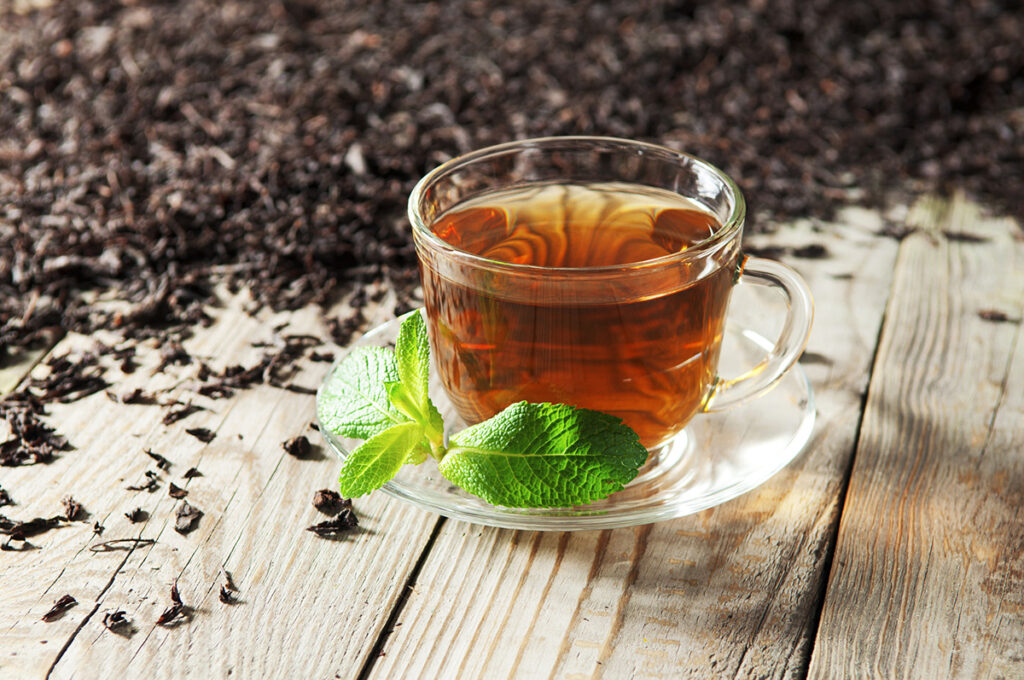
Caffeine Content and Timing
Tea contains varying levels of caffeine, depending on the type of tea you choose. The timing of your tea consumption should take into account the caffeine content of your chosen tea, as well as your sensitivity to caffeine.
Morning Tea: A Perfect Way to Start Your Day
Many people find that drinking tea in the morning helps them feel more alert and energized. This is due to the caffeine content found in many types of tea, including black, green, and oolong tea. If you need a gentle pick-me-up to start your day, a cup of tea may be just the thing.
Here are a few of the best morning teas, besides the regular black, green, and oolong, that you might want to consider.
Afternoon Tea: A Midday Boost
An afternoon cup of tea can provide a much-needed energy boost, especially during the dreaded midday slump. Green and oolong teas are great choices for an afternoon pick-me-up, as they contain moderate levels of caffeine that can help improve focus and alertness without causing jitters.
For improved focus and concentration, consider teas such as green, matcha, yerba mate, and ginseng.
Evening Tea: Winding Down
If you’re looking to unwind and relax in the evening, consider opting for a caffeine-free herbal tea. Herbal teas, such as chamomile, lavender, and lemon balm, can help promote relaxation and prepare your body for sleep. It’s best to avoid caffeinated teas in the evening, especially if you’re sensitive to caffeine, as they may disrupt your sleep.
Health Benefits and Timing
Tea is known for its numerous health benefits, including antioxidant properties, digestive support, and potential weight loss aid. The timing of your tea consumption can impact how these health benefits are experienced.
Antioxidant Power: Any Time of Day
Tea is rich in antioxidants, which help protect the body from free radicals and reduce the risk of chronic diseases. Antioxidant-rich teas, such as green and white teas, can be enjoyed throughout the day to support overall health and well-being.
Digestive Support: After Meals
Tea can aid digestion and help alleviate feelings of fullness after a meal. Drinking a cup of tea after your meal, especially one containing ginger or mint, can help soothe your digestive system and promote healthy digestion.
Weight Loss Aid: Before Meals
Some teas, such as green and oolong tea, have been shown to help with weight loss by boosting metabolism and promoting fat oxidation. Drinking a cup of tea before your meal may help curb your appetite and prevent overeating.
Personal Preferences and Lifestyle
The best time to drink tea can also depend on your personal preferences and lifestyle. Consider the following factors when determining the ideal time for tea consumption:
Taste and Enjoyment
Tea is meant to be enjoyed, so the best time to drink tea may simply be when you can savor and appreciate its flavor. Make time in your day to enjoy a cup of tea as a personal treat or as part of a daily ritual.
Social Occasions
Tea can be a wonderful addition to social gatherings, whether it’s a formal afternoon tea party or a casual get-together with friends. Incorporating tea into your social events can provide a warm, inviting atmosphere and create lasting memories.
Weather and Seasons
The time of year and weather conditions can also influence when you may want to enjoy a cup of tea. A hot cup of tea can be comforting on a cold winter day, while a refreshing iced tea can be perfect for a hot summer afternoon.
Conclusion
The best time to drink tea depends on a variety of factors, such as caffeine content, health benefits, personal preferences, and lifestyle. By considering these factors, you can determine the optimal time to enjoy a cup of tea that suits your individual needs and preferences.
Whether you’re looking for a morning pick-me-up, an afternoon energy boost, or an evening relaxation aid, there’s a perfect time and type of tea for you. Experiment with different teas and timings to discover the perfect tea routine that enhances your well-being and daily life.
FAQ
Is It True That the Chinese Drink Tea After a Meal?
Yes, it’s true. Drinking tea after meals is a common tradition in China. This practice is rooted in the belief that tea can aid digestion. Some types of Chinese tea, such as Pu-erh and Oolong, are specifically valued for their supposed digestive benefits.

